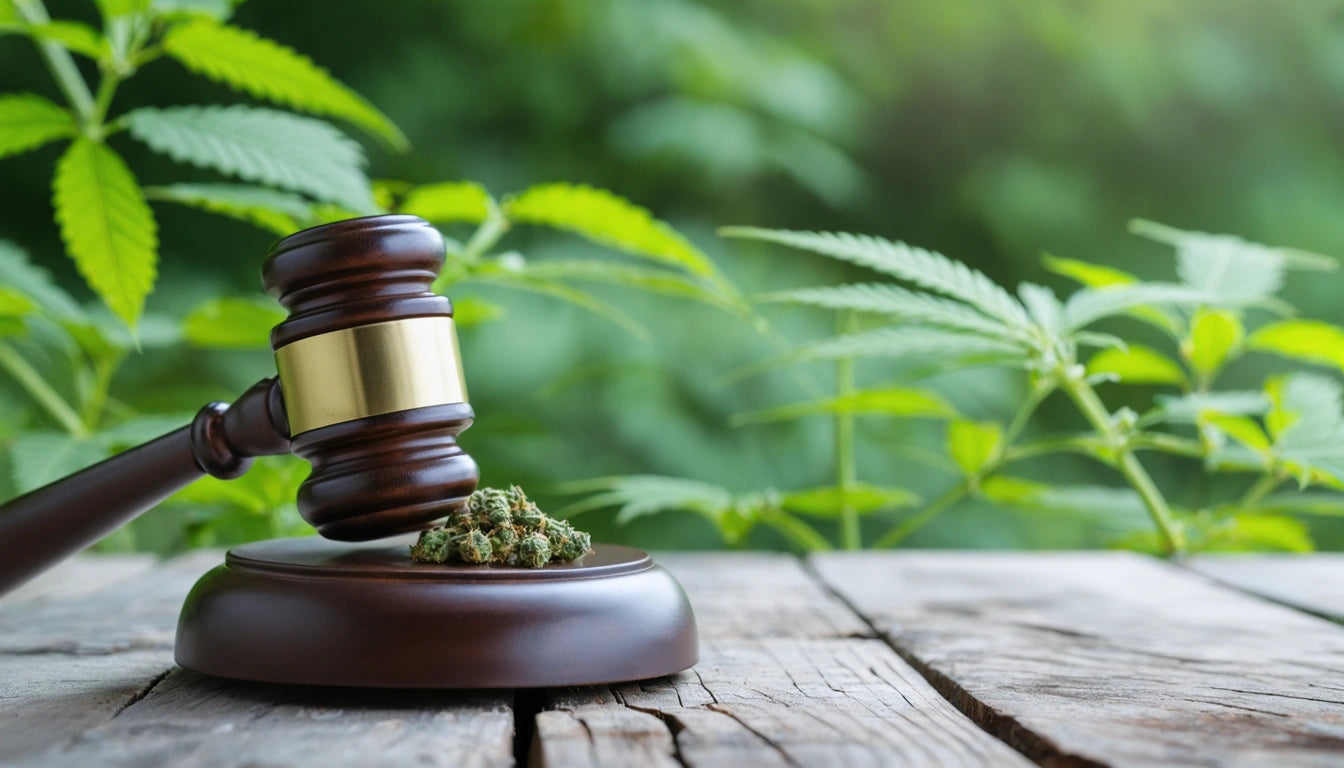Table of Contents
How Long Does THC Stay in Your System: Blood, Urine, and Fat Explained
Understanding how long THC stays in your system is crucial for cannabis consumers concerned about drug testing or those wanting to take a tolerance break. THC, or tetrahydrocannabinol, behaves differently in various body tissues, with detection times varying significantly between blood, urine, and fat cells.
THC Detection Windows: Understanding the Basics
THC and its metabolites have different detection windows depending on the testing method and individual factors. According to research on THC detection windows, cannabis can be detected in your system from a few hours to several months after consumption.
The primary metabolite tested for in most drug screens is THC-COOH, which is fat-soluble and can remain in your system long after the psychoactive effects have worn off. This explains why someone can test positive for cannabis without feeling its effects.
How Long Does THC Stay in Your Urine
Urine testing is the most common method for detecting THC, particularly in employment screenings. Detailed studies on urine detection provide these general guidelines:
- Single use: 3-7 days
- Moderate use (4 times/week): 5-14 days
- Daily use: 10-30 days
- Heavy, chronic use: 30-90 days
The question of how long for THC to leave your urine depends significantly on individual metabolism, hydration levels, and the frequency of cannabis consumption. For occasional users, THC metabolites typically clear from urine within a week, while regular users may need a month or more.
THC in Blood: Shorter Detection Windows
Blood tests detect active THC rather than metabolites, providing a more accurate picture of recent consumption. Research on blood detection windows shows that THC typically remains detectable in blood for:
- Occasional users: 1-2 days
- Regular users: 3-7 days
- Heavy users: Up to 14 days
The question of how long for THC to leave blood is particularly relevant for roadside testing in states with legal cannabis. Blood tests are more invasive than other methods but provide a better indication of current impairment.
THC Storage in Fat Cells: The Long-Term Reservoir
THC is lipophilic, meaning it bonds to fat molecules in the body. This characteristic explains why it can remain in your system for extended periods. When asking how long for THC to leave fat, the answer is considerably longer than other bodily fluids:
- Occasional users: 1-4 weeks
- Regular users: 1-3 months
- Heavy, chronic users: Up to 6 months
This storage in fat cells creates a "reservoir effect" where THC can be released back into the bloodstream during times of fat metabolism, such as exercise or fasting. This explains why some users may experience a positive test result weeks after their last consumption.
Factors Affecting How Long THC Stays in Your System
Several factors influence how long it takes THC to leave your body:
1. Consumption Frequency and Quantity
The more frequently and heavily you consume cannabis, the longer THC will remain detectable. This is due to accumulation in fat cells over time.
2. Metabolism and Body Composition
Individuals with faster metabolisms and lower body fat percentages typically clear THC more quickly. This partly explains why THC elimination rates vary between individuals.
3. Hydration and Physical Activity
Proper hydration and regular exercise may help speed up THC elimination, though the evidence for dramatic effects is limited. Exercise can potentially release stored THC from fat cells temporarily.
4. Product Potency and Consumption Method
Higher-potency products and certain consumption methods (like edibles) can lead to longer detection windows. Our compliant packaging solutions for cannabis products help ensure proper labeling of potency, which is crucial for consumers monitoring their intake.
Effective Strategies for THC Elimination
If you're wondering how long to get THC out of urine or how to speed up the process, consider these evidence-based approaches:
- Abstinence: The most reliable method is simply waiting it out
- Hydration: Staying well-hydrated helps with natural elimination
- Exercise: Regular physical activity may help, particularly before beginning a period of abstinence
- Diet: A healthy diet low in fat and high in fiber supports natural detoxification
- Time: Understanding that THC elimination and tolerance reset take time
While many detox products claim to speed up THC elimination, most lack scientific evidence supporting their effectiveness. The most reliable approach remains abstinence combined with healthy lifestyle choices.
Understanding how long it takes for THC to leave your system helps consumers make informed decisions about cannabis use, particularly in contexts where testing may occur. By recognizing the different detection windows for blood, urine, and fat storage, users can better manage their consumption patterns according to their specific needs and circumstances.











Leave a comment
All comments are moderated before being published.
This site is protected by hCaptcha and the hCaptcha Privacy Policy and Terms of Service apply.